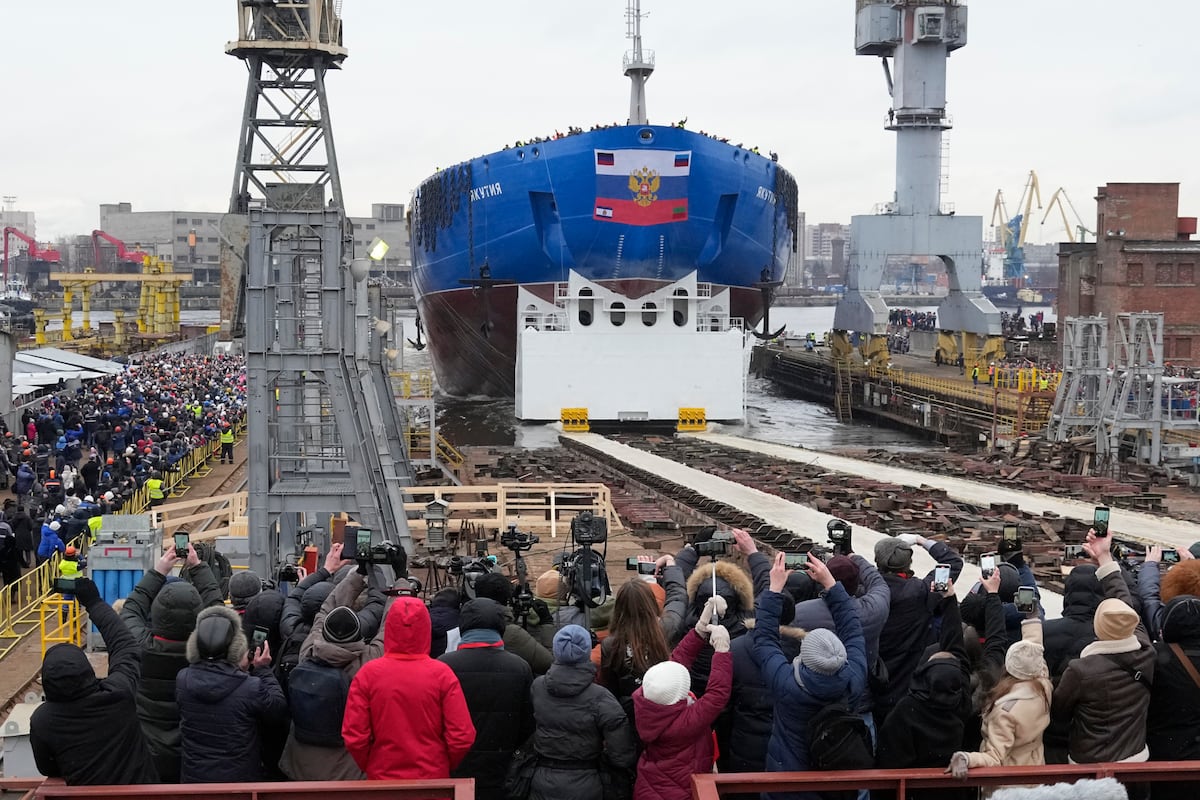
"The Arctic has long ceased to be a remote, inhospitable and virtually inaccessible region. In fact, it has become quite tangible for ordinary mortals. Far from that image of a distant place, the area is now a hotbed on the economic front with vast deposits of energy and mineral resources as well as the geopolitical one, with an increasingly fierce fight for dominance being waged among the major powers of the Northern Hemisphere."
"And this race requires a naval battering ram: large (and extremely expensive) vessels, which are needed to blaze a trail across a still-frozen sea. The Arctic is a big prize. And, at the moment, Russia is the country with the most military bases north of the Arctic Circle. It has a fleet of nearly 50 icebreakers (more than all of NATO). This fleet includes several nuclear-powered ships with atomic reactors on board, giving them much greater autonomy than vessels powered by diesel or natural gas."
"As for the United States which currently has a very small fleet for its size and physical proximity (just three vessels) the government is beginning to step on the accelerator to keep up: it aims to have more than 50 icebreakers in the long term and has just finalized an agreement with Finland to purchase 11 of these ships from the Nordic country."
The Arctic contains vast energy and mineral deposits and has become a center of geopolitical competition among major Northern Hemisphere powers. Access to the region requires powerful icebreaking vessels to traverse frozen seas, prompting a naval buildup. Russia currently holds the most military bases north of the Arctic Circle and operates nearly 50 icebreakers, including nuclear-powered ships with extended autonomy. China identifies as a near-Arctic state and fields several icebreakers. The United States has a small fleet but plans significant expansion, including a long-term goal of over 50 icebreakers and a recent purchase agreement with Finland.
Read at english.elpais.com
Unable to calculate read time
Collection
[
|
...
]